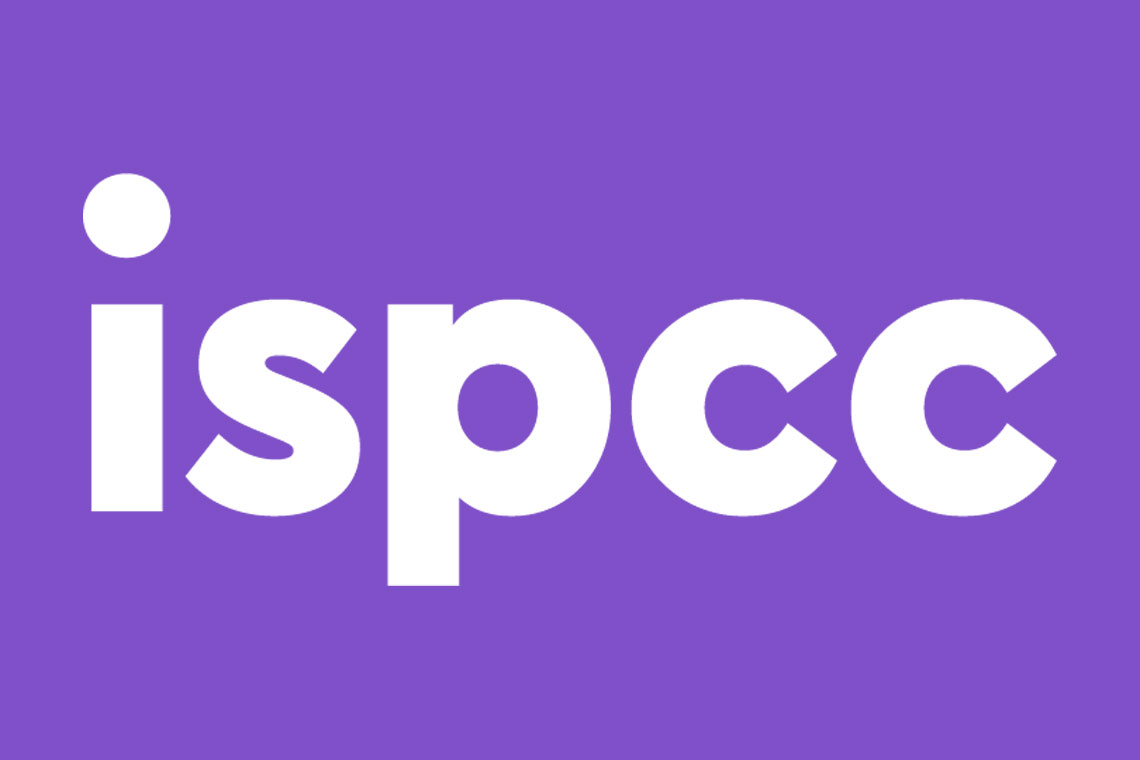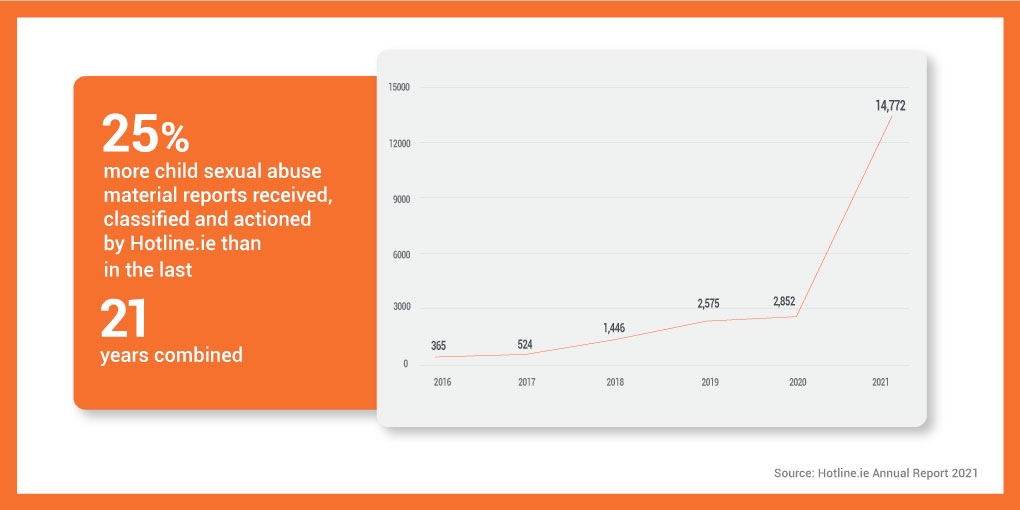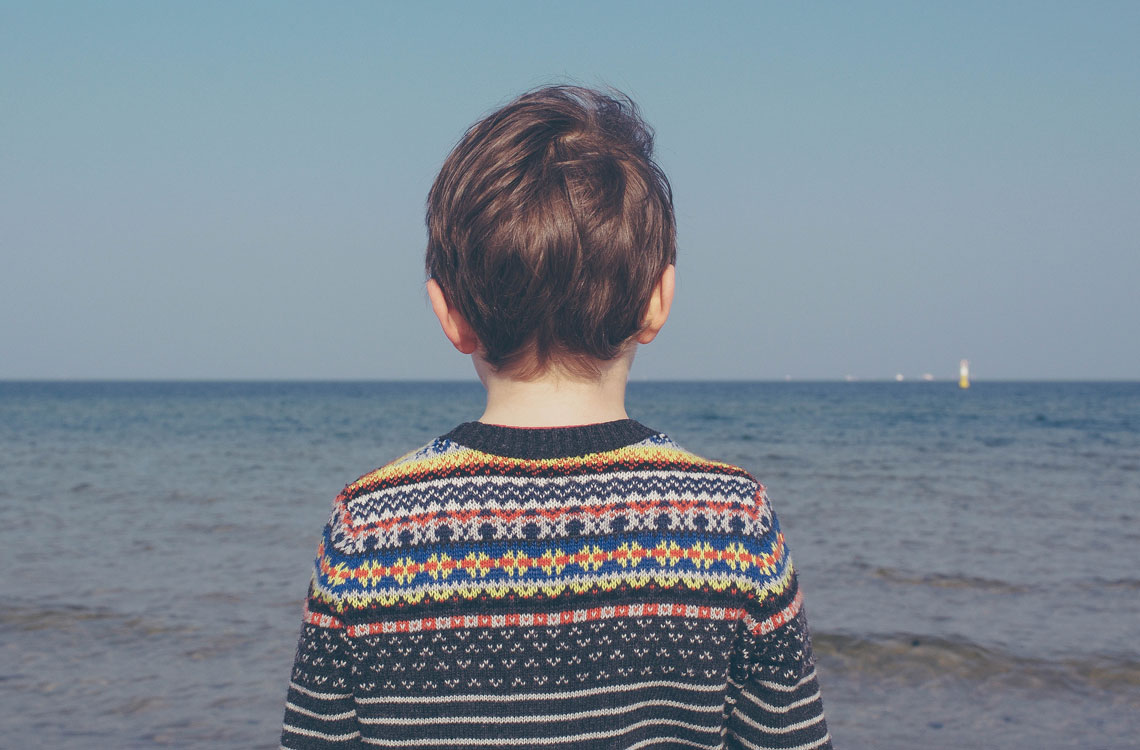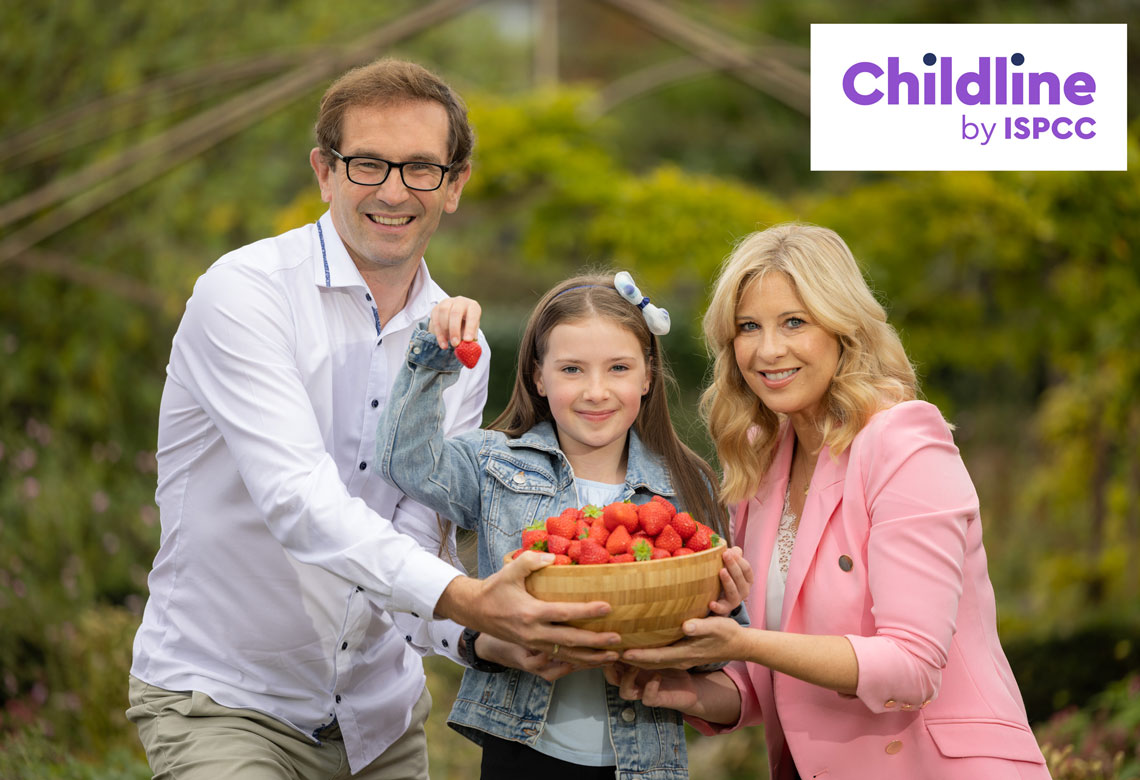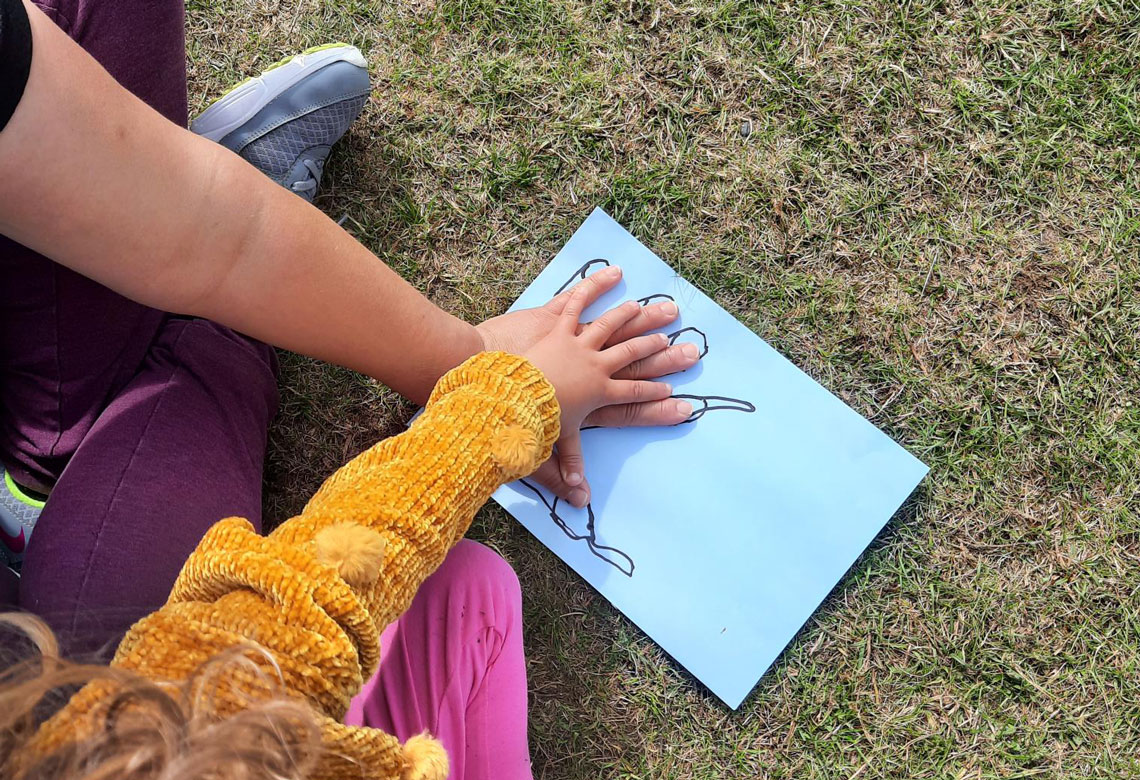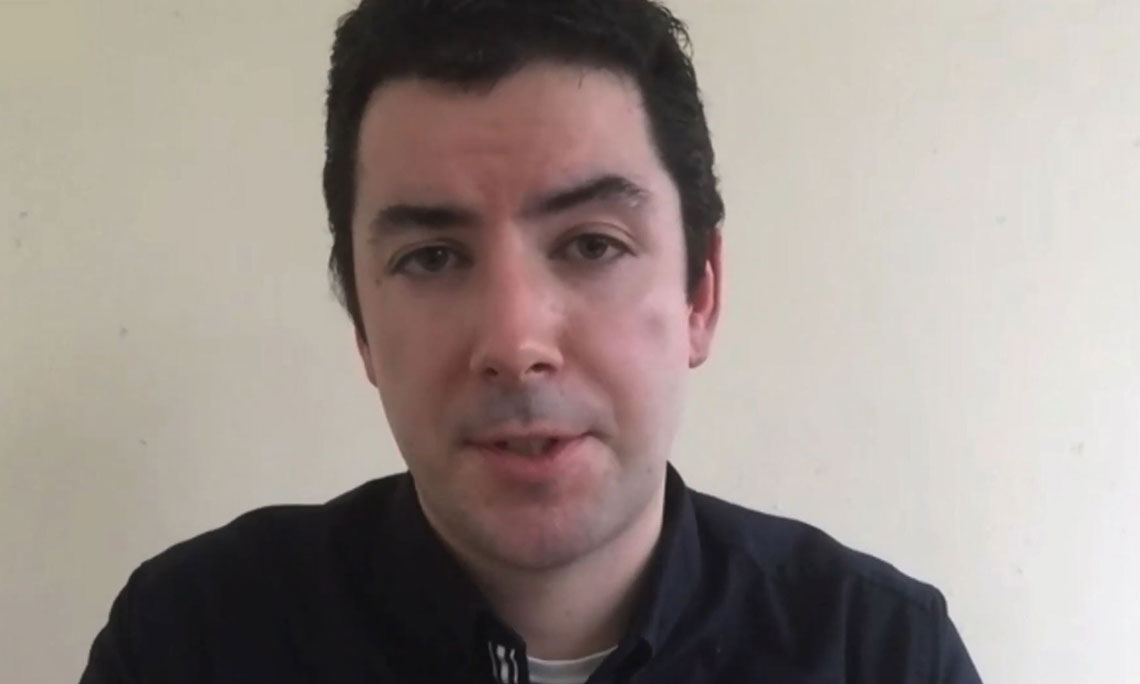
Family relationships, mental/emotional health, and sex, relationships and puberty among the challenges faced by children who turned to Childline this Christmas
Family relationships, mental/emotional health, and sex, relationships and puberty were among the issues spoken about by children and young people who turned to the Childline listening service for support over the Christmas period this year.
Over 70 volunteers across Ireland gave of their time across the period to help ensure no child or young person had to face their challenges alone.
The 24-hour active listening service is one of the suite of Childline services provided by ISPCC. It is free, non-judgmental and non-directive.
Childline answered almost 600 online contacts, calls and texts from children and young people across Ireland across December 23, Christmas Eve and Christmas Day.
ISPCC Chief Executive John Church said: “While Christmas is often a magical time for children and young people, we know from those who turn to Childline that this is not so for many children and young people. They experience challenges to their mental and emotional wellbeing more acutely now than at any other time of the year. They can often feel very alone.
“This year, many children did not wake up the kind of Christmas Day they had dreamed of. They told us of the impact of alcohol or substance misuse in their home, they told us how alone and anxious they felt and they told us how they were missing loved ones.
“Many children and young people in Ireland felt lonely, stressed and upset this Christmas. Their feelings were exacerbated as they saw families and friends celebrating together and it’s not like that for them. They turned to Childline for a listening ear and a supportive voice to hear them. And our amazing Childline volunteers were there for them 24/7 over December 23, Christmas Eve and Christmas Day – as they are throughout the Christmas period.
“We are so thankful for the incredible dedication of our Childline volunteers. They leave their own families at Christmas to ensure that there is always someone to listen when a child or young person needs them.
“On behalf of all the children and young people who Childline supports, we would like to say thank you to the people of Ireland for all they do to help keep the service here 24 hours a day, every day. We are sincerely grateful to you for helping to ensure children and young people have someone to turn to, always.”
To support Childline and help keep volunteers listening to children and young people 24 hours a day, 365 days a year in 2023 and beyond, visit ispcc.ie
Childline’s 24-Hour Support Line can be reached by:
Chatting online at Childline.ie
Calling 1800 66 66 66
